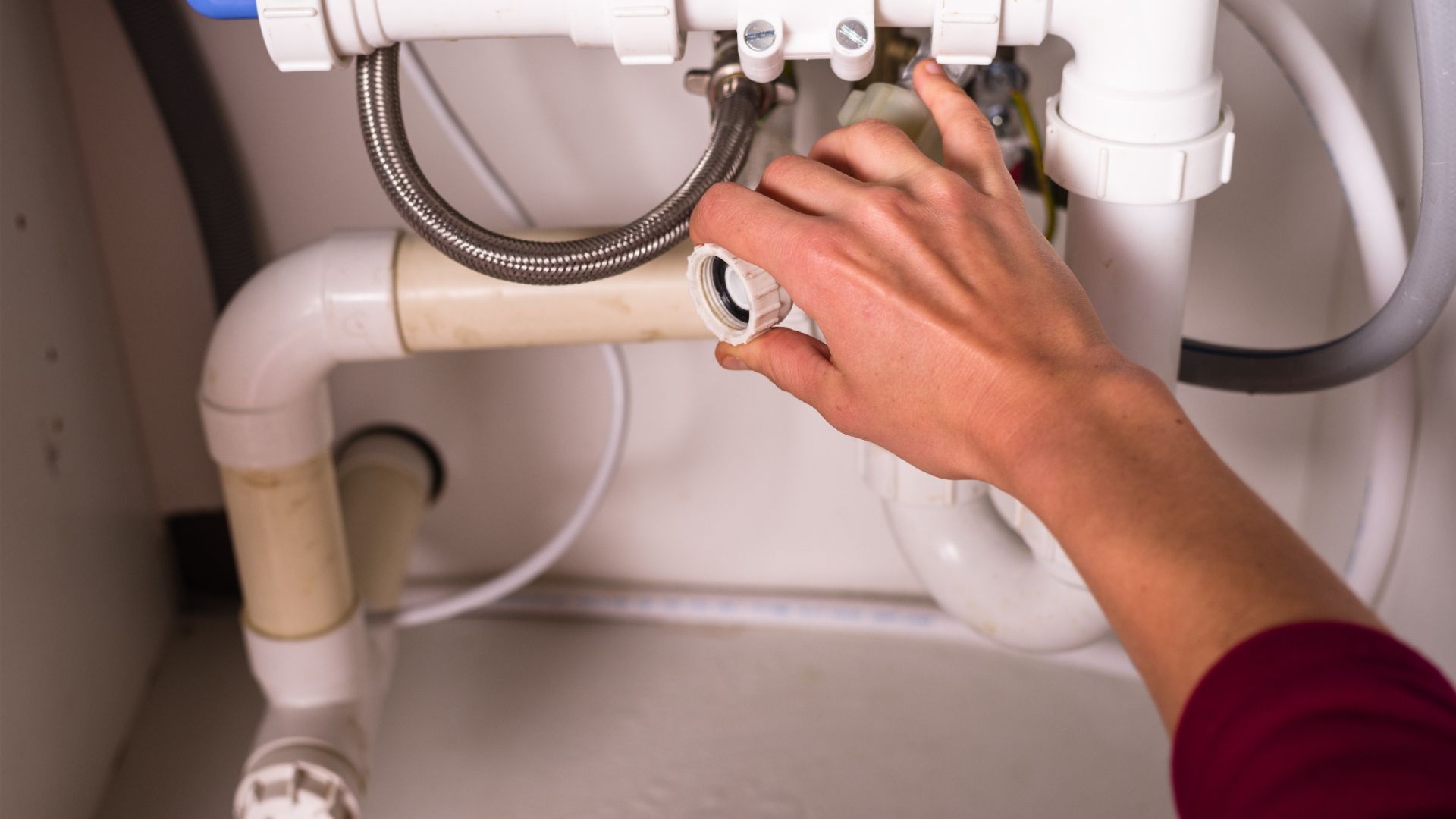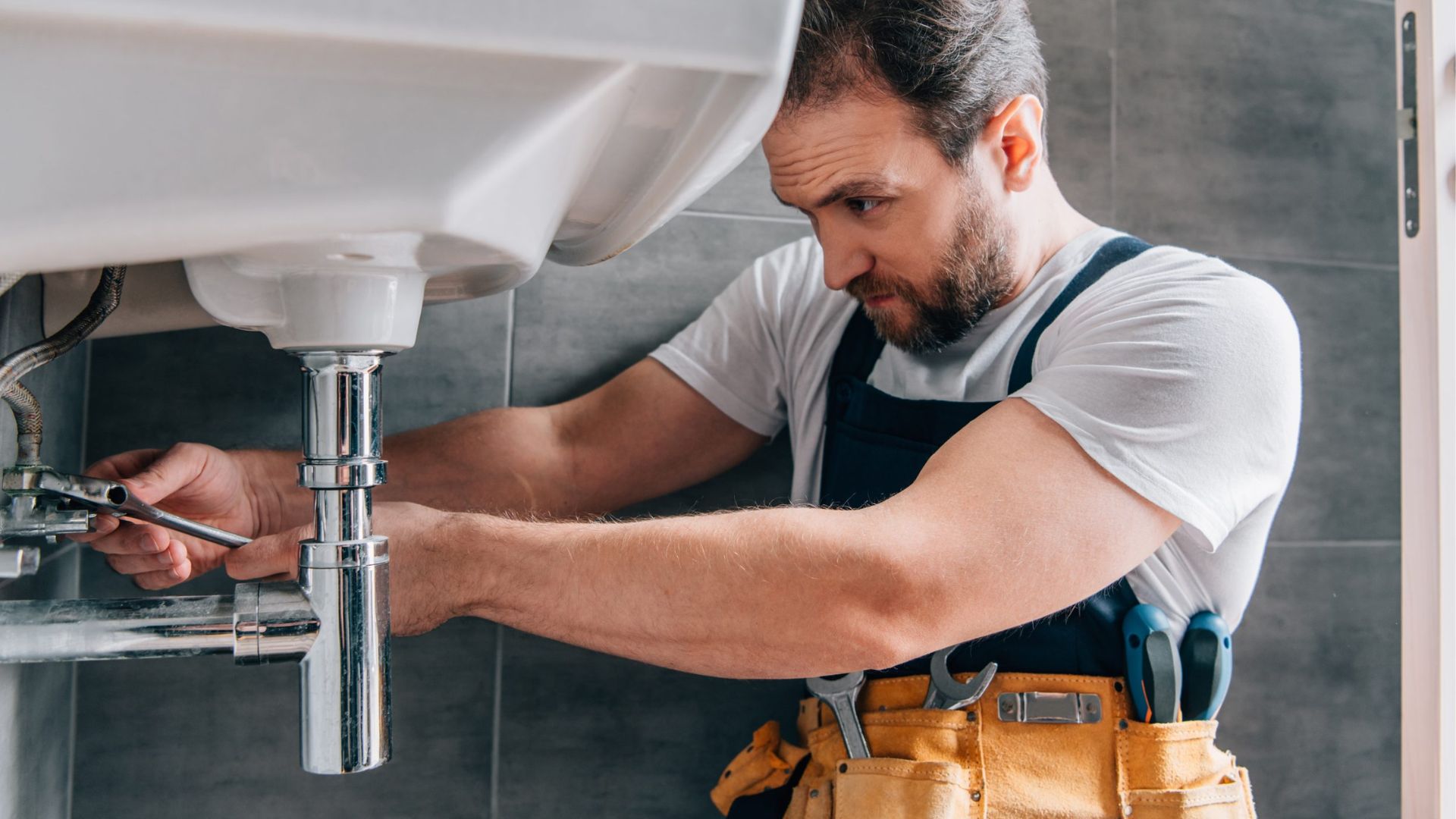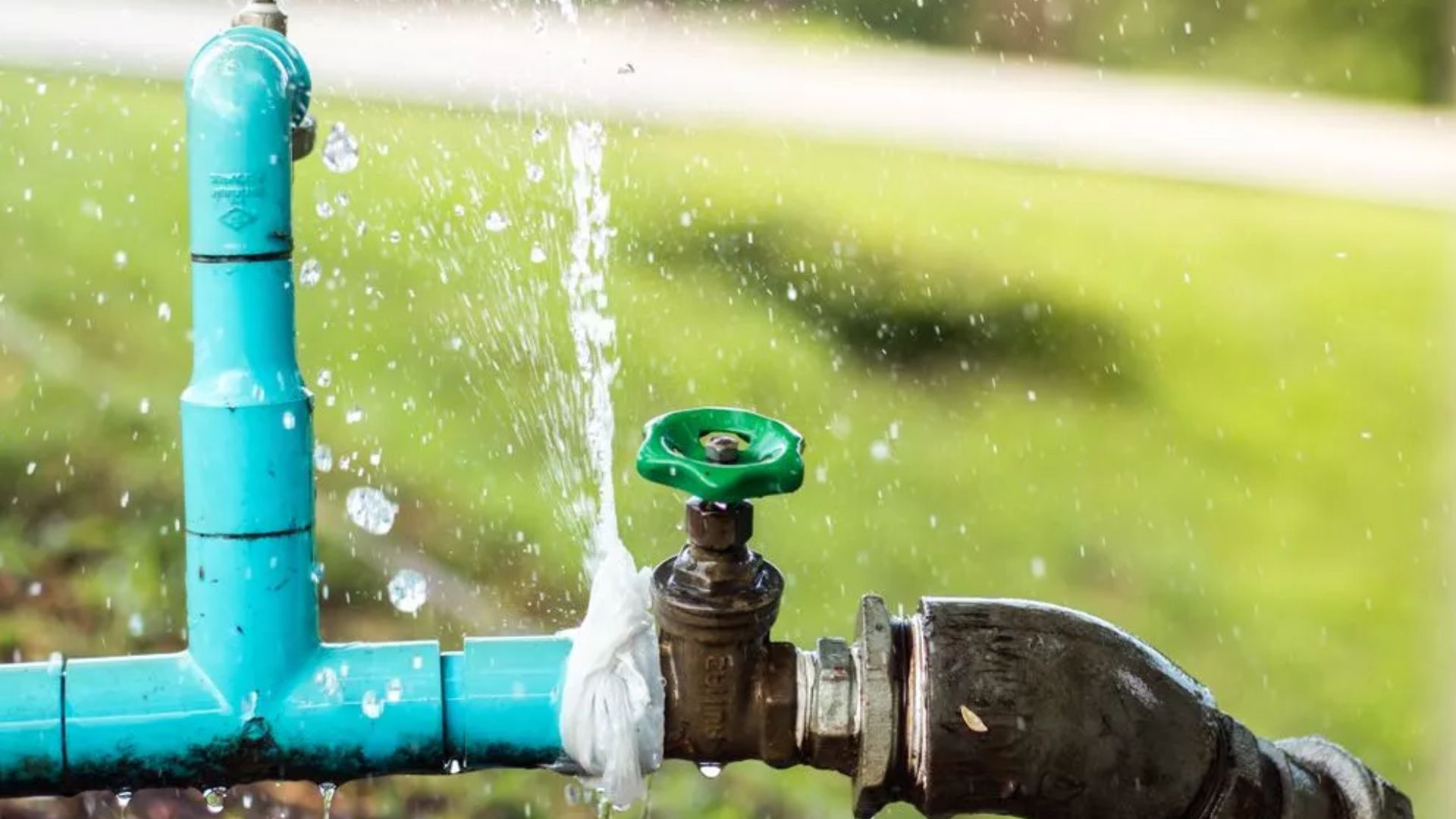7:00AM to 5:00PM
As a property owner, it’s essential to clearly understand the corporate body’s role in maintaining pipe systems.
Whether you own an apartment, townhouse, or other multi-unit property, the corporate body has specific responsibilities regarding plumbing maintenance.
In this article, we will explore the significance of the body corporate’s role, discuss their responsibilities, obligations, and limitations in resolving plumbing issues, and provide examples of everyday scenarios where the body corporate plays a pivotal role.
Let us take you through what you need to know as a renter, body corporate manager, or property owner to ensure your plumbing problems are handled correctly!

The body corporate, also known as the owners’ corporation, manages and maintains the common property in a multi-unit development.
With tasks such as plumbing maintenance, the body corporate plays a crucial role in ensuring the efficient functioning of pipe systems throughout the property. Their involvement is vital for the overall well-being and comfort of all residents.
The body corporate’s responsibilities in plumbing maintenance encompass various aspects that contribute to the proper functioning of your home’s plumbing system. These responsibilities include:
Your body corporate should regularly inspect the plumbing infrastructure to identify potential issues or areas that require maintenance. This proactive approach helps prevent major plumbing problems and ensures the early detection of any issues.
When plumbing issues occur within the common property, such as leaks, blocked drains, or malfunctioning fixtures, the body corporate is responsible for arranging and coordinating necessary repairs. They will engage qualified plumbers to address these issues promptly.
The strata manager is also responsible for maintaining and repairing common pipes, drains, and other plumbing systems that serve multiple units. This includes ensuring proper water pressure, addressing pipe leaks, and maintaining the functionality of shared amenities like communal bathrooms and laundry facilities.
The body corporate should allocate appropriate funds in the annual budget for plumbing maintenance and repairs. This ensures sufficient resources to address any unforeseen plumbing issues during the year.
It’s essential to recognise that the body corporate’s responsibilities in plumbing maintenance are limited to common property and shared plumbing infrastructure. Individual owners are generally responsible for the maintenance and repairs of plumbing systems within their respective units.
To better understand the body corporate’s role, let’s consider a few common scenarios:

If a pipe starts leaking in a common area, such as a hallway or shared garden, the body corporate must arrange for repairs and promptly address the issue.
In the case of a blocked drain in a communal bathroom, the body corporate should engage a plumber to clear the blockage and restore the functionality of the shared facility.
When residents in multiple units experience low water pressure, the body corporate should investigate the cause and take appropriate measures to rectify the situation, such as engaging a plumber to assess and address any underlying plumbing problems.
Individual owners within the multi-unit development also have specific responsibilities regarding plumbing maintenance. These responsibilities typically include:

Each lot owner is responsible for maintaining and repairing plumbing fixtures within their unit, such as faucets, toilets, showers, and sinks. They must promptly address any plumbing issues arising within their living space.
Individual owners are responsible for maintaining and repairing drainage and sewer lines that exclusively serve their unit. This includes addressing blockages, leaks, or other plumbing problems within these private systems.
Individual owners should take precautions to prevent damage to the common plumbing infrastructure. This includes avoiding actions that may cause blockages, such as flushing inappropriate items down toilets or pouring grease down drains.
To ensure harmonious living within the multi-unit development, it is crucial to understand the boundaries between the responsibilities of the body corporate and individual owners.
Clear communication and adherence to these boundaries can prevent misunderstandings and conflicts. It’s important to note that individual owners should not undertake repairs or modifications to the common plumbing infrastructure without the approval and coordination of the body corporate.
Understanding the division of responsibilities between body corporate and individual owners is essential for maintaining plumbing systems within a multi-unit development. Conflicts can be avoided by clarifying the scope of these responsibilities, and plumbing issues can be addressed efficiently.
In certain scenarios, the body corporate is responsible for addressing plumbing issues within a multi-unit development. Understanding these scenarios is crucial for both individual owners and residents. Let’s explore some everyday situations where the body corporate takes on the responsibility for resolving plumbing problems.

When plumbing issues occur within the property’s common areas, the body corporate must address them. Common areas include corridors, lobbies, shared bathrooms, or any other spaces accessible to all residents.
Whether it’s a leaking pipe, a clogged drain, or a malfunctioning fixture, the body corporate is responsible for arranging necessary repairs and ensuring the proper functioning of plumbing systems in these shared spaces.
If the plumbing problem affects multiple units or the entire building, it becomes the responsibility of the body corporate to take appropriate action.
This can include issues such as a sewer line blockage, a burst pipe, or a water supply disruption. The body corporate must promptly engage qualified plumbers to resolve these issues and restore normal plumbing operations for all residents.
Furthermore, when it comes to maintenance and repairs of the main plumbing infrastructure that serves the entire development, the body corporate bears the responsibility.
This infrastructure typically includes the main water supply lines, sewer lines, and shared drainage systems. Any issues or defects in these essential components fall within the jurisdiction of the body corporate, and they are responsible for organising the necessary repairs or replacements.
Additionally, the body corporate may also be responsible for addressing plumbing issues that arise from construction or renovation work within the property.
For instance, if plumbing systems are affected during renovations or when modifications are made to the common plumbing infrastructure, it becomes the responsibility of the body corporate to rectify any resulting problems and ensure the proper functioning of the plumbing systems.
It’s important to note that the body corporate’s responsibility extends to maintaining and repairing the common plumbing infrastructure and resolving plumbing issues in shared areas. Individual owners are responsible for addressing plumbing problems within their units and their plumbing fixtures.
When faced with plumbing issues within a multi-unit development, effectively reporting them to the body corporate is crucial for prompt and efficient resolution.
To report the problem, gather all relevant information, such as specific issues, location, and important details or observations. Clear and concise communication is essential when reaching out to the body corporate using their preferred method of contact. Try to avoid technical jargon and provide plain language descriptions of the issue.
Additionally, if possible, include supporting evidence like photographs or videos to help the body corporate understand the extent of the problem. After reporting the issue, allow the body corporate a reasonable amount of time to respond and take appropriate action.
If you are facing an urgent situation or plumbing emergency, emphasise the urgency of expediting their response. If the issue remains unresolved or you’re unsatisfied with their response, consider following up politely and persistently. In such cases, involving relevant governing bodies or seeking legal advice for further assistance may be necessary.
If the body corporate fails to address the plumbing problems you reported within a reasonable timeframe, it is important to know the appropriate steps.
While the body corporate is responsible for resolving such issues, there are alternative courses of action that individual owners can pursue while adhering to the necessary protocols. Follow these steps if the body corporate doesn’t address your plumbing problems.

Start by reviewing the governing documents of your multi-unit development, such as the bylaws or the constitution. These documents outline the rights and responsibilities of both the body’s corporate and individual owners.
Document the ongoing plumbing problem in detail. Keep records of your previous communications with the body corporate, including dates, times, and the nature of your complaints. Take photographs or videos of the issue as evidence to support your claims.
Prepare a formal written complaint addressed to the body corporate. Clearly outline the history of the problem, the actions taken so far, and the lack of response or adequate resolution. Be concise and factual, and avoid using emotional language.
Many multi-unit developments have internal dispute resolution procedures. Familiarise yourself with these procedures and follow them accordingly. This may involve submitting your complaint to a designated committee or attending a mediation session to seek a resolution.
If the internal dispute resolution procedures fail to yield a satisfactory outcome, you may need legal advice from a qualified professional specialising in property law and body corporate legislation. They can assess your situation, guide you through the legal options available, and help you understand your rights and obligations.
If the plumbing problem poses a significant risk or threat to your property or well-being, consider engaging an independent plumber to address the issue. However, it’s crucial to adhere to any procedures outlined in the governing documents and to notify the body corporate of your intentions in writing.
Keep records of all correspondence, including letters, emails, and notes from phone conversations. These records will be valuable if further action is required.
If all other avenues have been exhausted and the plumbing problem remains unresolved, you may need to engage with relevant authorities. This can include local government bodies or tribunals specialising in property disputes.
Understanding the role of the body corporate in plumbing maintenance is crucial for residents of multi-unit developments. By clarifying the responsibilities of the body corporate versus individual owners and knowing the scenarios where the body corporate is responsible for plumbing issues, residents can navigate the maintenance process more effectively.
Additionally, knowing how to report plumbing issues to the body corporate and the steps to take if they fail to address the problems empowers residents to seek resolution and maintain the integrity of their properties.
At Gold Coast Plumbing Company, we recognise the importance of a well-maintained plumbing system for the comfort and safety of residents. Our team of expert Gold Coast plumbers is here to provide comprehensive plumbing services tailored to the unique needs of multi-unit developments. Whether you require repairs, maintenance, or assistance in dealing with body corporate-related plumbing issues, we are ready to help.
Contact Gold Coast Plumbing Company today to ensure your plumbing issues are addressed promptly and professionally!